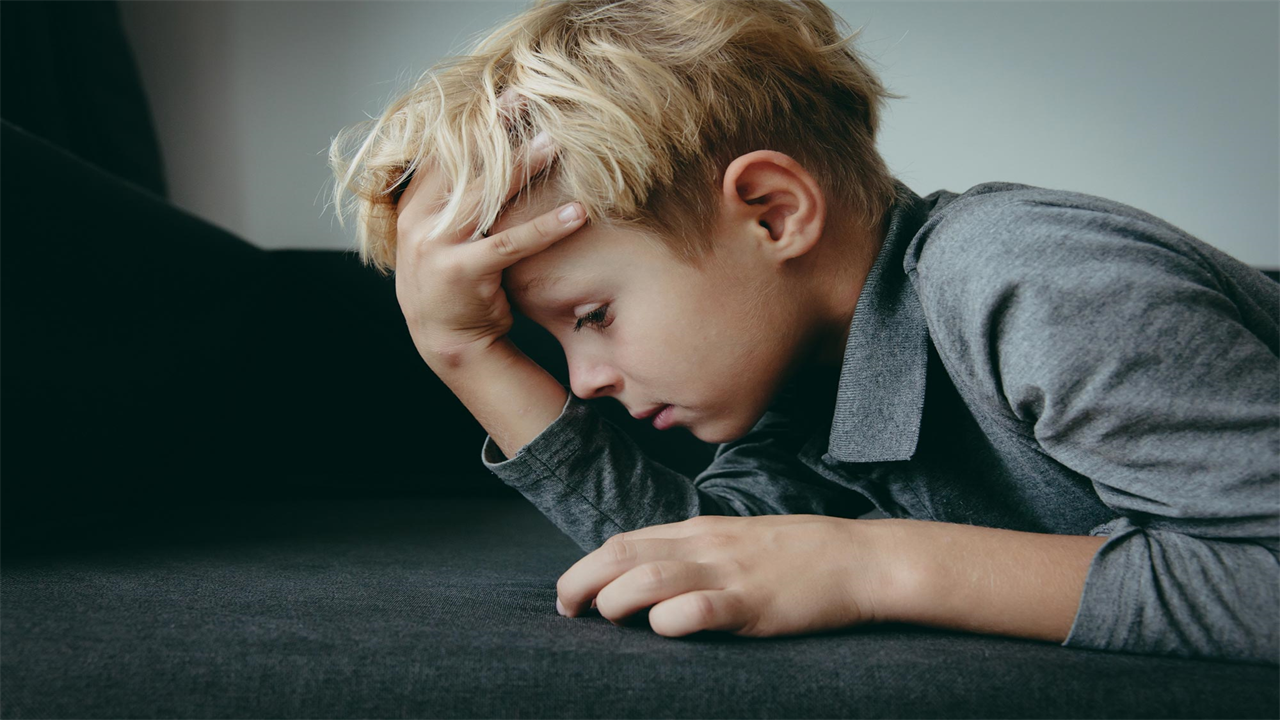COVID Pandemic Adolescent Mental Health Study Reveals Turnaround Finding
0 View
Share this Video
- Publish Date:
- 17 June, 2021
- Category:
- Covid
- Video License
- Standard License
- Imported From:
- Youtube
Tags

Young people in poor mental health took a positive turn during the pandemic, but those in good mental health saw a significant decline, new research shows.
The first nationally representative evidence regarding the diverse impact of the COVID-19 pandemic on the mental health of adolescents in the UK was led by researchers from Lancaster University working with the University of British Columbia in Canada.
Adolescents (10 to 16 years of age) with better-than-average mental health before the pandemic experienced an increase in their emotional and behavioral problems, hyperactivity, and difficulty interacting with their peers and friends, but a decrease in their prosocial tendencies, such as caring and obliging its sharing and helping others during the pandemic.
In contrast, pre-pandemic adolescents with lower-than-average mental health experienced opposite changes, possibly, the study says, as more time at home under parental supervision prevented behaviors such as fighting or bullying.
The study, published today (June 17, 2021) in the Journal of Adolescent Health, the official journal of the Society for Adolescent Health and Medicine, also points to significant differences in impact across social, demographic and economic groups.
Young people from vulnerable single-parent, single-child and less affluent families experienced a much greater decline in mental health during COVID than before.
And those living in single-parent families experienced a sharper decline in social well-being, which was reflected in a greater increase in problems interacting with peers and friends and feeling lonely.
The presence of other children in the household helped protect the teens from the ill effects of the pandemic on their emotional and social well-being.
The impact of the pandemic on adolescent mental health also varied with the socioeconomic position of the parents. Young people with high-earning parents experienced a greater reduction in behavioral problems and a smaller increase in hyperactivity and difficulty interacting with their peers and friends, compared to those in low-income families.
The study also found that while adolescents are unlikely to contract COVID-19 or become seriously ill as a result of contracting the coronavirus, COVID-19 symptoms and illness in family members took their toll on adolescents’ social well-being.
The study suggests that the linked self-isolation, social distancing and stigmas may predispose them to being bullied and socially marginalized.
The findings, the study says, underscore the need to move beyond a one-size-fits-all approach to tailor-made mental health support for adolescents and take targeted measures to reduce disparities in the mental health impacts of the pandemic.
The study ‘COVID-19 and Adolescent Mental Health in the UK’ was conducted by sociologists Dr Yang Hu, from Lancaster University, and Dr Yue Qian from the University of British Columbia in Canada.
They analyzed data from the Economic and Social Research Council-funded Understanding Society COVID-19 Survey — a sample of 886 adolescents, ages 10 to 16, who were surveyed both before and during the pandemic.
The study fills a gap in research on adolescent mental health compared to growing research on the impact of adult mental health.
“Adolescents are at a critical stage in their lives and the damaging impact of the pandemic on their mental health could undermine their immediate well-being and harm their long-term development,” said Dr. Huh.
“Our findings clearly show that efforts need to be made to reduce the impact of the pandemic on the mental health of children and adolescents – an issue that has not yet been addressed in major public health and policy conversations.”
dr. Qian said: “Our findings urge policymakers to narrow the gaps in the impact of the pandemic on adolescent mental health, explore how these differences are rooted in pre-pandemic socioeconomic inequalities, and intervene in future inequalities that may arise.”
Reference: June 17, 2021, Journal of Adolescent Health.
DOI: 10.116/j.jadohealth.2021.04.005










